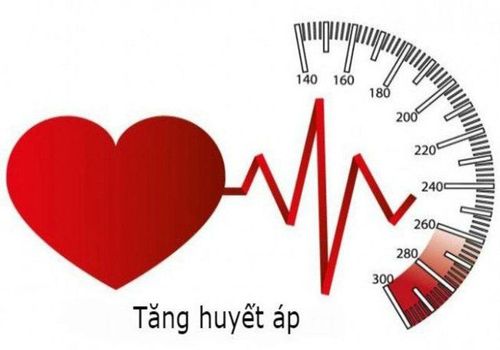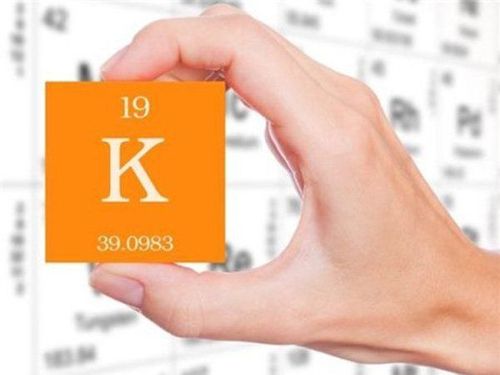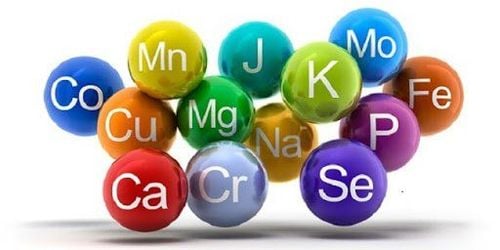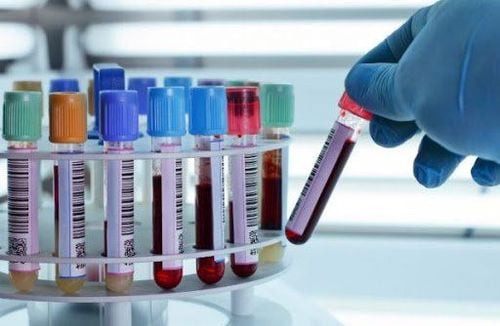1. What is a blood electrolyte test (serum electrolyte panel)?
Electrolytes include three main ions that serve various functional roles:
- Sodium (Na): the primary ion in extracellular fluid, essential for regulating water balance and maintaining blood osmotic pressure. The stability of serum sodium levels is fundamental for homeostasis. Sodium is absorbed through the daily diet, and excess sodium is mostly excreted via urine and a small amount through sweat.
- Potassium (K): the primary ion responsible for acid-base balance, regulating osmotic pressure, and playing a critical role in nerve transmission and muscle contraction. Potassium is primarily eliminated through urine.
- Chloride (Cl): the main ion in extracellular fluid, involved in maintaining electrical neutrality, is part of the cellular buffering system, assists in digestion, and helps maintain osmotic pressure and water balance in the body.
In a healthy body, there is an electrical balance across cell membranes, enabling chemical exchange, muscle function, and other vital processes. Abnormal levels of electrolytes can lead to electrolyte imbalance, homeostatic disruption, acid-base imbalance, and fluid imbalance, resulting in functional disturbances in nerve cells, cardiac muscle, and other bodily functions.
2. What is the purpose of blood ion tests?
Blood electrolyte testing (electrolyte panel) quantifies the concentration of these electrolytes in the body. Determining electrolyte levels is critical in treatment strategy and monitoring specific conditions (hypertension, heart failure, renal failure, etc.). Depending on the patient's condition and symptoms, ion tests may be used alongside other tests as part of routine examinations or conducted separately.

3. What do the results of a blood ion test indicate?
Normally, the levels of electrolytes in the body remain within a defined range.
- Normal sodium levels in the blood range from 135 – 145 mmol/l.
- Elevated sodium levels are often seen in cases of dehydration or excessive saline infusion, conditions such as hypercortisolism, primary hyperaldosteronism, or coma from elevated osmotic pressure.
- Low sodium levels frequently occur in conditions where sodium is lost excessively (diarrhea, vomiting, burns, or excessive diuretic use). Dilution of the blood from receiving excessive non-electrolyte fluids or conditions such as heart failure, cirrhosis, kidney failure, or nephrotic syndrome can also lower sodium levels.
Normal potassium levels in blood range from 3.5 – 5.0 mmol/l.
- Elevated potassium levels commonly occur in patients with severe renal failure, hemolytic conditions, sickle cell anemia, or metabolic acidosis.
- Low potassium levels often result from loss through the digestive tract (vomiting, diarrhea), pyloric obstruction, extensive burns, conditions like Cushing’s syndrome from excessive corticosteroid use, primary hyperaldosteronism, interstitial nephritis, or salicylate toxicity.

Normal chloride levels in blood range from 90-110 mmol/l.
- Elevated chloride levels are often seen in patients with severe renal failure, acute renal failure, Cushing's syndrome, and those with metabolic acidosis.
- Chloride blood reduction is seen in patients with acute infections, adrenal insufficiency, Addison's disease, diarrhea, burns, vomiting, and pyloric stenosis.
Currently, blood ion analysis tests can be easily and quickly performed at the Laboratory Department of Vinmec International General Hospital in Hai Phong. The hospital is equipped with advanced and modern machinery, regularly updating new models from Beckmann, Roche, Abbott, and IL. All tests are quality-managed according to ISO standards, with 87 parameters recognized as meeting ISO standards. The doctors are highly qualified, holding Master's, Doctorate, and Professor degrees, and have received thorough and in-depth training abroad, with extensive experience.
Please dial HOTLINE for more information or register for an appointment HERE. Download MyVinmec app to make appointments faster and to manage your bookings easily.
To arrange an appointment, please call HOTLINE or make your reservation directly HERE. You may also download the MyVinmec app to schedule appointments faster and manage your reservations more conveniently.








